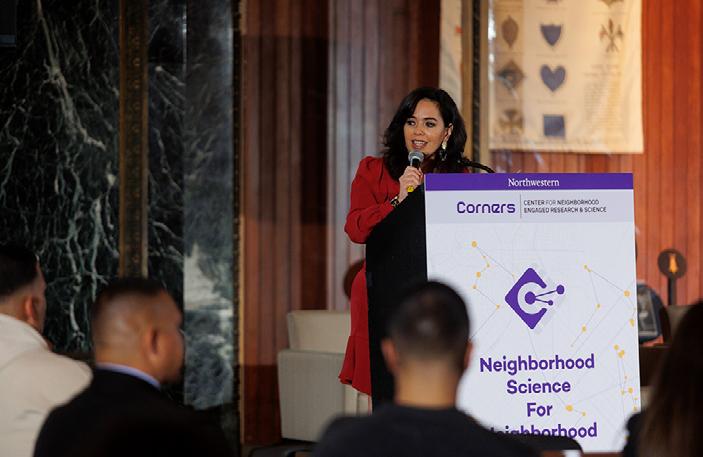
2 minute read
As Social Lives Resume, a Mental Health Crisis Continues
A recent survey confirms the pandemic’s lingering impact on mental health for all Americans, but in particular for young adults: While 18- to 24-year-olds say they are going out more, their overall levels of depression have not fallen as much as one would have expected with the lifting of pandemic restrictions. And in a troubling discovery, just over one-third of them (34%) report thinking recently they would be better off dead or harming themselves.
Between December 2022 and January 2023, a team of researchers from Northwestern, Harvard, Rutgers, and Northeastern universities surveyed nearly 25,000 American adults on their mental health during the pandemic. Overall, Americans are still feeling depressed, with 24% of them experiencing a depression concerning enough that it would typically trigger a referral for evaluation and treatment. This national rate is three times greater than the 8% seen before the pandemic, as measured by the CDC. For young adults, however, that figure jumps to 44%.
“This is really concerning. During the pandemic, many hoped that these numbers, among young people in particular, would decline but we are seeing no change,” said IPR political scientist James Druckman, who co-authored the report along with PhD student Jonathan Schulman.
The researchers analyzed data since May 2020 for more than 400,000 respondents across 19 surveys, including over 50,000 responses from 18- to 24-year-olds. Younger respondents identifying as gay, lesbian, or bisexual reveal the highest levels of depression and stress of all age groups and substantially more than those identifying as heterosexual. Nearly two-thirds (63%) of these 18- to 24-year-olds meet the criteria for at least moderate depression, while 56% report symptoms of generalized anxiety. In comparison, only 36% of heterosexual 18- to 24-year-olds say they are depressed, and 32% say they are anxious.










